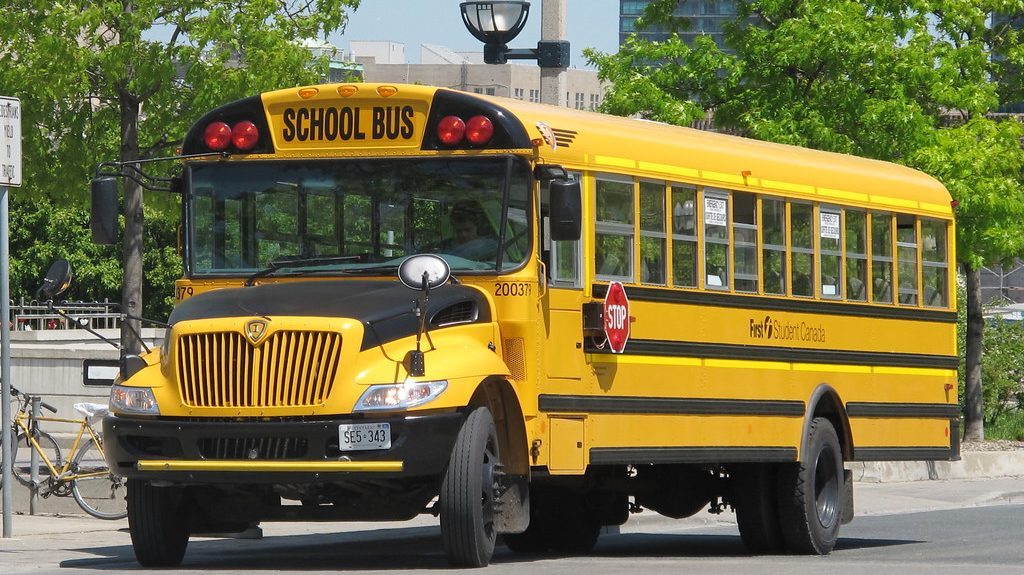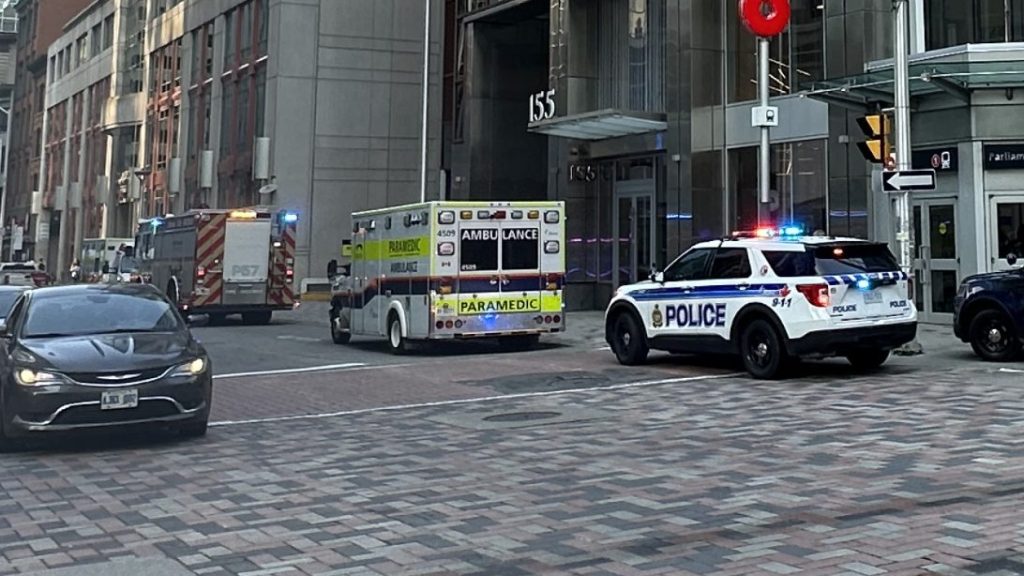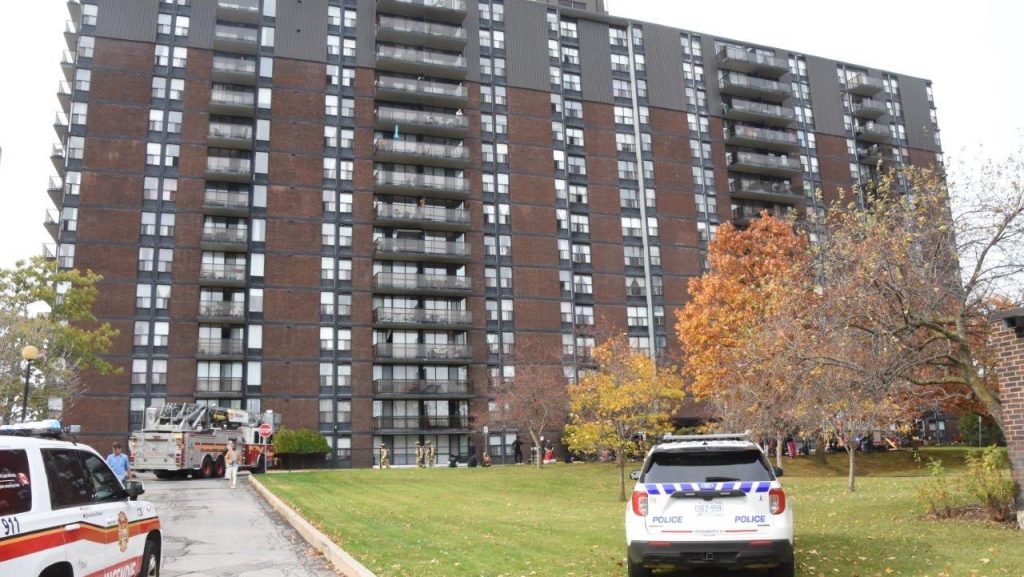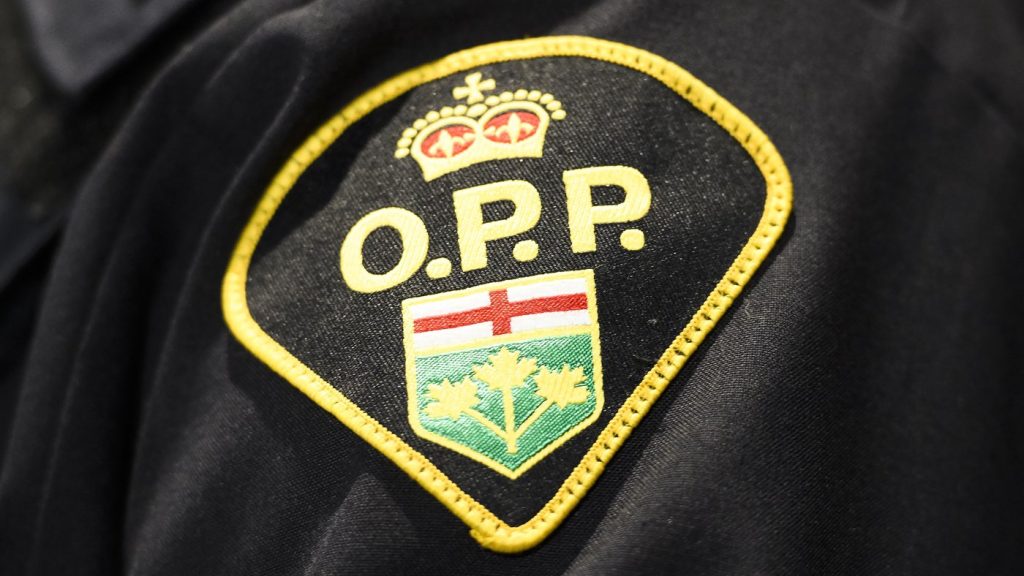Trudeau pledges $1M for clearing landmines, cluster bombs in Cambodia, Laos
Posted Nov 13, 2022 04:30:00 PM.
Prime Minister Justin Trudeau has wrapped up his first stop of a tour in Southeast Asia by announcing nearly $1 million to help remove unexploded landmines and cluster bombs from the region.
He made the $990,000 pledge at an event focused on women in security as the summit of the Association of Southeast Asian Nations draws to a close in Cambodia.
The funding will support grassroots and government projects in Cambodia and Laos to clear unexploded ordinances, which stem from civil wars as well as American bombing during the Vietnam War.
“When land is cleared, not only are people safer and children can play, but land can be used for farming and development,” Trudeau said at a roundtable with local groups focused on women in peace-building.
Canada has been pushing countries in the region to stop using these types of munitions, and to fund remediation for decades. The 1997 Ottawa Treaty sought to ban the production of anti-personnel mines and commit to remediation, a pledge embraced by most, but not all countries.
The money will support the first dedicated national demining team in Laos, and support grassroots groups such as Cambodian Self-Help Demining.
Bill Morse, a former American soldier during the Vietnam War who helps with that group, said Trudeau’s announcement bucks a trend of people assuming that mines are no longer an issue.
“Canada’s commitment to continued funding, when we’re almost done when everyone else here is cutting their funding, is a big step in the right direction,” said Morse.
He said Cambodia could be mine-free by 2025 if local organizations had enough resources.
Instead, farmers are still maimed from decades-old cluster bombs that have sunk in the ground, while mines that were aimed at bombing vehicles and tanks lie unexploded until something heavy rolls over them.
Morse said landmines kill roughly 50 people in Cambodia each year, down from thousands in the 1990s.
“If we had 50 people getting blown up across Canada from landmines, we’d be dumping all the money we could get into the Canadian Army to go out and clean this stuff up,” he said.
Mines continue to be used in conflicts across the world, including by Russian and Ukrainian forces, and Cambodian groups have helped train people in Ukraine in remediating land.
Trudeau called that “a true example of the way countries can pull together, and learn from it.”
Earlier in the day, Trudeau met with the head of the ASEAN bloc, who praised him for making Southeast Asia a focus of Canada’s upcoming Indo-Pacific strategy.
He also met with Philippines President Ferdinand Marcos Jr. on the sidelines of the summit, with both praising ties forged by the country’s large diaspora in Canada.
Trudeau also made a visit the Tuol Sleng Genocide Museum, which documents the toll of the Khmer Rouge regime.
“The capacity of human beings to perpetrate unspeakable evils on each other — to forget or to ignore the fundamental, basic humanity of all of us — is something we must continue to be reminded of,” Trudeau said, in order to prevent future atrocities.
Later in the day, he said China’s mistreatment of the Uyghur minority may amount to genocide, but ongoing probes by international experts should make that distinction.
The House of Commons voted in October to recognize that Uyghurs “face an ongoing genocide,” in a unanimous vote that Trudeau’s cabinet abstained from.
Trudeau’s visit to Cambodia, flanked by Foreign Minister Melanie Joly and International Trade Minister Mary Ng, included a $333 million announcement of projects related to the looming Indo-Pacific strategy.
The Liberals are leaving the summit with a commitment from ASEAN to elevate Canada as a strategic partner, the bloc’s highest tier for countries outside of Southeast Asia.
On Monday, Trudeau will head to Indonesia on Monday for the G20 leaders’ summit.
This report by The Canadian Press was first published Nov. 13, 2022.








